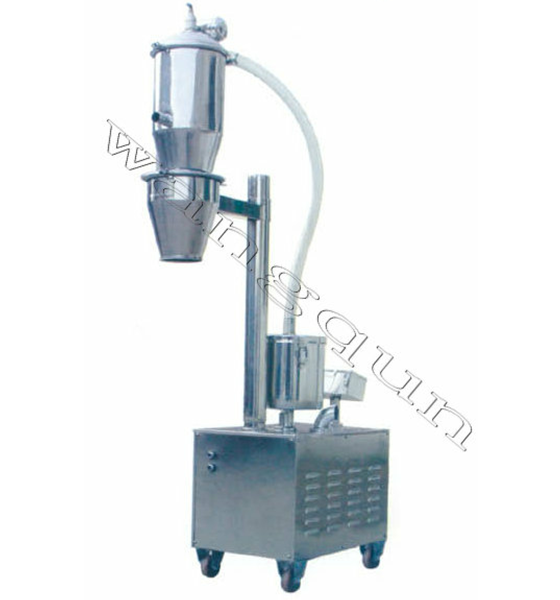A rotary tablet press is a critical machine in pharmaceutical manufacturing, designed to produce tablets of uniform size, weight, and hardness at high speeds. It is widely used in R&D, pilot-scale production, and full-scale commercial manufacturing. Below is an overview of its key aspects relevant to pharmaceutical R&D and production:
---
Key Features of Rotary Tablet Presses for Pharma R&D
1. High Precision & Uniformity
- Ensures consistent tablet weight, thickness, and hardness (critical for dose accuracy).
- Advanced control systems (e.g., force sensors, weight monitoring) for real-time adjustments.
2. Flexibility for R&D
- Tooling interchangeability for different tablet shapes (round, oval, capsule-shaped).
- Adjustable compression force (5–100 kN) to accommodate diverse formulations (e.g., APIs with poor compressibility).
3. GMP Compliance
- Made of stainless steel (304 or 316L) for easy cleaning and compliance with regulatory standards (FDA, EU GMP).
- Dust extraction systems to maintain containment (important for potent compounds).
4. Scalability
- Small-scale R&D models (e.g., single-station or mini-rotary presses) for formulation development.
- Scalable to production-scale multi-station presses (e.g., 16–75 stations).
5. Advanced Controls
- Touchscreen interfaces with data logging for process optimization.
- PAT (Process Analytical Technology) integration for real-time monitoring (e.g., near-infrared spectroscopy for blend uniformity).
---
Applications in Pharmaceutical R&D
- Formulation Development: Testing excipient compatibility, optimizing compression parameters.
- Process Validation: Ensuring robustness before scale-up.
- Bilayer/Multilayer Tablets: For modified-release or combination drugs.
- Orally Disintegrating Tablets (ODTs): Low-force compression to avoid brittleness.
---
Popular Rotary Press Models for R&D
1. R&D-Scale:
- Fette 1020i (small-scale, GMP-compliant).
- Korsch XM 12 (flexible, modular design).
- Manesty B3B (lab-scale rotary press).
2. Pilot-to-Production:
- Courtoy MODUL™ P (PAT integration).
- Kilian T300 (high-speed production).
---
Considerations for Selection
- Throughput: R&D may require 200–5,000 tablets/hour; production presses exceed 50,000/hr.
- Tooling Compatibility: Standard (B or D) or custom punches/dies.
- API Properties: Adjustable settings for friable, sticky, or heat-sensitive materials.
- Regulatory Needs: 21 CFR Part 11 compliance for data integrity.
---
Emerging Trends
- Continuous Manufacturing: Integration with feeders and coaters for end-to-end processing.
- AI/ML Optimization: Predictive maintenance and compression parameter tuning.
For R&D, prioritize flexibility, data capture, and scalability. For production, focus on speed, yield, and compliance. Would you like details on specific components (e.g., feeder systems, compression mechanisms) or validation protocols?











 телефон
телефон
Комментарий
(0)